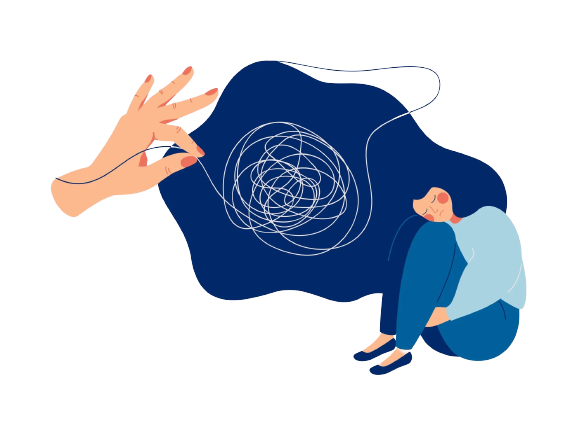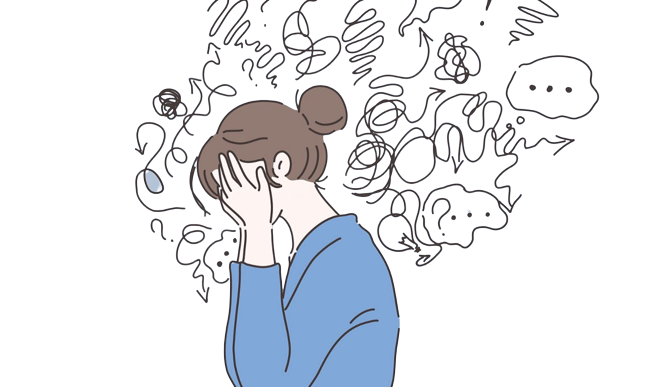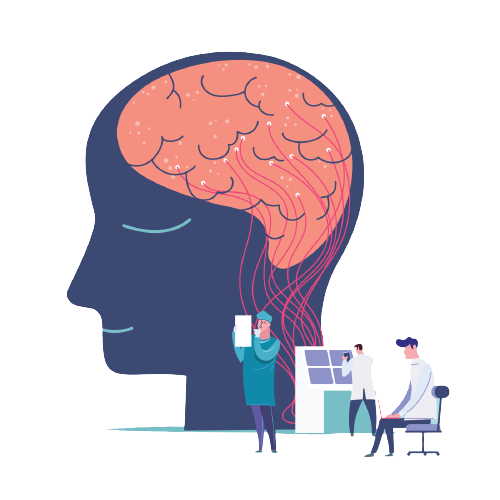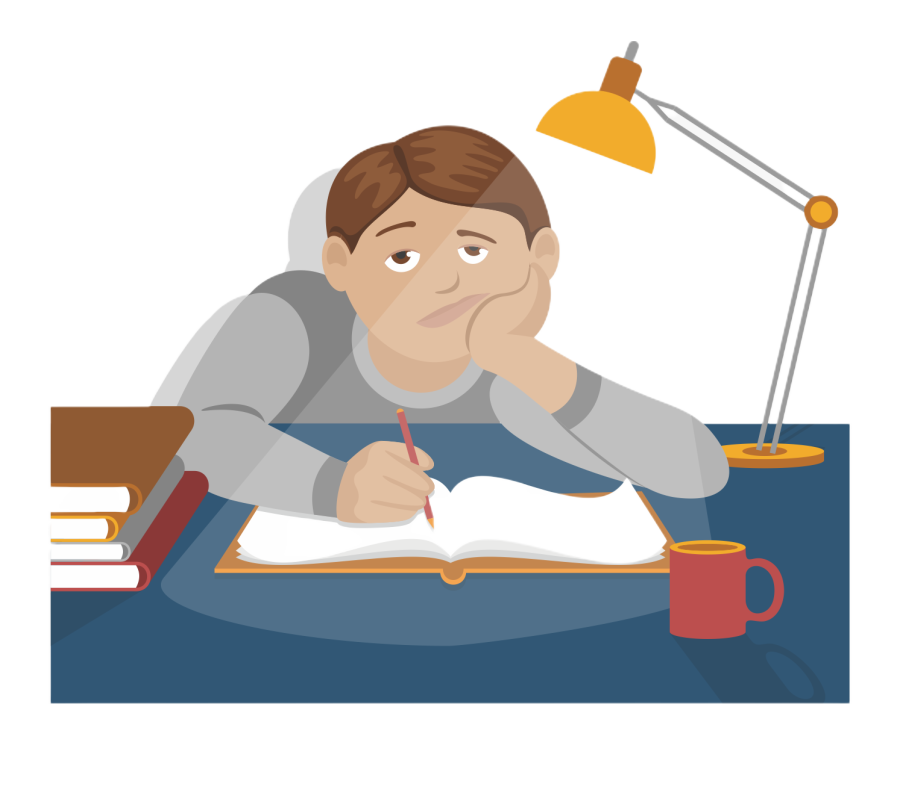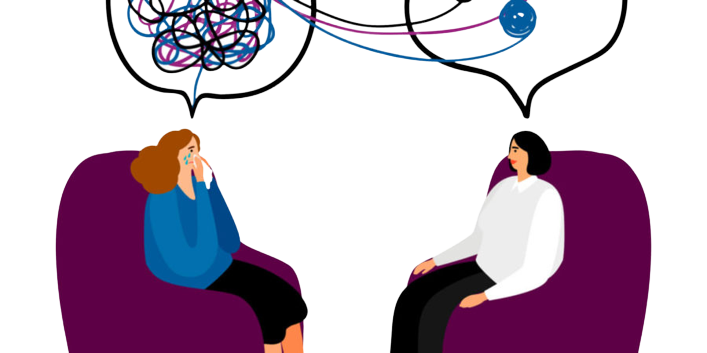Imagine being gripped by an intense, irrational fear every time you feel the slightest hint of nausea or hear someone mention the word ‘vomit.’ For those who suffer from emetophobia, this fear can be overwhelming and profoundly disruptive. While it’s a rare condition, affecting only about 0.1% of the population, its impact on daily life is far-reaching.
So, what exactly is emetophobia? How does this fear develop, and what steps can individuals take to overcome it?
In this blog, we’ll explore what emetophobia is, the symptoms it causes, and the potential triggers. Additionally, we’ll provide practical strategies to help individuals regain control and overcome the challenges posed by this fear. Keep reading to discover how to take the first steps toward breaking free from emetophobia.
What is Emetophobia?
You might have been searching for the emetophobia definition so it’s here.
Emetophobia is the severe, irrational fear of vomiting or seeing others vomit. It falls under the category of typical phobias, where individuals experience extreme anxiety triggered by a particular object or situation.
For those with emetophobia, the thought of vomiting can cause significant emotional distress, sometimes without any actual threat present.
Normal Discomfort vs. Phobia-Level Fear
Emetophobia is more than just a normal fear of vomiting. The anxiety that comes with it is so strong that it interferes with everyday activities. People with this phobia often take extreme measures to avoid foods that might make them feel sick or stay away from places where they think they might vomit, driven by their worries.
How Common is Emetophobia?
Fortunately, emetophobia isn’t that common. According to the resources, it affects approximately 0.1% of the population, which is rare. However, the emotional and psychological impact it has on sufferers cannot be ignored. It’s important to mention that the true prevalence of emetophobia might be higher than statistics suggest, as many people may feel embarrassed or ashamed to talk about their fear of vomiting.
The stigma around phobias and mental health issues causes individuals to silently go through extreme and problematic situations on their own without taking professional help.
Who Can Get Affected by Emetophobia?
Age and Gender Considerations
Emetophobia can develop at any age, though it often starts in childhood or teens. As per research, it is more common in women than men, with the fact that women are generally more likely to develop specific phobias. That said, it’s essential to remember that emetophobia can affect individuals of any gender.
Vulnerable Individuals
Certain groups may be more susceptible to fear of vomit. People with a history of other anxiety disorders, such as generalized anxiety or social anxiety, are more likely to develop this phobia. Additionally, individuals who have experienced a traumatic vomiting event, like a severe illness or an unpleasant experience, may also be at higher risk of developing a fear of vomiting.
Cultural and Societal Influences
Cultural beliefs and societal expectations can influence the development of emetophobia. In cultures where discussing mental health is taboo, people may feel more shame or embarrassment about their fear, which can make the condition worse. Societal pressures to stay composed in public spaces can also intensify the fear. It’s because the idea of vomiting in front of others can be particularly distressing.
Symptoms of Emetophobia
If you suffer from emetophobia, situations involving nausea or vomiting either hearing about it, seeing, or experiencing it can cause intense emotional and physical reactions. Know these emetophobia symptoms to know when to get it checked.
-
- Anxiety and nervousness
-
- Feeling distressed or overwhelmed
-
- A sense of losing control
-
- Unwanted thoughts that trigger the action
-
- Rapid heartbeat or palpitations
-
- Sweating and trembling
-
- Upset stomach or nausea
-
- Tightness in the chest
-
- Dizziness, lightheadedness, or fainting
How Does An Emetophobic Person Behave?
People with emetophobia often adopt the following compulsive habits or behaviors to manage their fear:
-
- Scouting out bathrooms and staying close to them.
-
- Sleeping with a trash can nearby for reassurance.
-
- Avoiding long journeys, boats, or amusement park rides.
-
- Steering clear of medications that might cause nausea as a side effect.
-
- Washing hands multiple times as a form of compulsion
To reduce exposure to potential triggers, individuals may also avoid:
-
- Trying new foods or beverages.
-
- Eating at restaurants or consuming items associated with past vomiting episodes.
-
- Words like vomit, barf, or puke.
-
- Being around people who are ill or visiting hospitals.
-
- Considering pregnancy due to the risk of morning sickness.
-
- Eating in public or when away from home.
-
- Traveling or socializing in unfamiliar settings.
-
- Shaking hands with people or touching things while outside.
What Causes Emetophobia?
It can develop from a combination of personal experiences, mental health factors, and specific triggers. Let’s break it down:
Traumatic Experiences
For many, emetophobia begins after a distressing event related to vomiting. These experiences can include:
-
- Having vomited in public or in front of others can lead to feelings of embarrassment or shame.
-
- If they have suffered from illnesses like stomach flu or food poisoning, where frequent vomiting was a part of the condition.
-
- Choking on food or going through a frightening vomiting episode that still scares.
Mental Health Factors
-
- Obsessive-compulsive disorder (OCD): The intense need to control situations can heighten the fear of losing control during vomiting.
-
- Anxiety disorders: People with general anxiety or panic disorders often develop a heightened sensitivity to physical sensations, like nausea.
-
- Eating disorders: Concerns about food, digestion, or weight can overlap with the fear of vomiting.
It’s important to know that emetophobia often works in a cycle. The anxiety about vomiting can lead to physical symptoms like nausea, which makes the fear feel more real. Over time, this reinforces the fear and creates a loop that’s difficult to break.
Is It Just Fear or a Phobia? – Diagnosis
Many of the anxious thoughts might make you believe the non-true situations as emetophobia. However, diagnosing it involves a closer look at your experiences, triggers, and their impact on your daily life.
Mental health professionals diagnose this fear of vomiting – Emetophobia by evaluating:
-
- The severity of your emotional reaction to triggers like feeling nauseous or seeing someone vomit.
-
- The impact on your lifestyle is that you are avoiding food, travel, or social situations because of this fear.
-
- The impact of a past trauma related to vomiting during sickness or outdoors.
What Does the Process of Getting Your Emetophobia Checked Look Like?
-
- Detailed History
A mental health specialist will explore when your fear of vomiting began and how it evolved.
-
- Symptom Analysis
Do you feel distressed at the thought of vomit? Are you experiencing physical symptoms like a racing heart or sweating? These clues help professionals understand your condition better.
-
- Ruling Out Medical Causes:
Sometimes, physical conditions like gastrointestinal disorders or inner ear problems may mimic symptoms. Medical evaluations can rule out such possibilities.
When Should You Worry About Your Fear of Vomiting?
It’s better to get your extreme symptoms checked in a timely than to anxiously googling possible causes.
Is Your Fear Affecting Your Physical Health?
Avoiding meals or specific foods because of the fear of nausea might seem like a simple precaution. As a result, it can lead to malnutrition or dehydration. Over time, your body might lack essential nutrients, which could weaken your immune system and overall well-being.
If your fear is keeping you from eating a balanced diet, it’s worth addressing.
Does It Keep You Up at Night?
Constant anxiety about vomiting can disrupt your sleep and ultimately drain your energy. Consequently, when your mind is stuck in an endless loop of What-ifs, you might find it difficult to sleep or relax during the night.
Are You Avoiding People or Places?
Do you avoid social events because you’re afraid of seeing someone vomit? Or have you stopped going to restaurants or travelling out of fear of nausea?
If these seem correct, your fear might be isolating you. Social isolation can severely affect your relationships and make you feel disconnected from the world.
Is It Taking Over Your Daily Routine?
Do you find yourself spending excessive time planning your day to avoid potential triggers, like being near sick people or eating at certain places?
As a result, if your fear of vomiting dictates your decisions, such as choosing not to attend important events, overcooking food to kill bacteria, or constantly checking expiration dates, it might disrupt your daily life more than you realize.
Are You Always on High Alert for Illness?
If the fear of vomiting keeps you hyper-focused on hygiene and potential sickness, it could be a sign that the fear of vomiting is taking control over your mental well-being.
How to Get Over Emetophobia: Treatment Options
Cognitive-behavioral therapy (CBT)
CBT is like guiding your brain to think in the right way. It helps you spot irrational fears and replace them with more realistic, calming thoughts.
CBT has proven to be the most helpful emetophobia treatment. In other words, if your mind says, You’ll throw up if you eat that! CBT teaches you to say, Not true. I’ve eaten this before, and I was fine.
Exposure Therapy
This form of therapy helps you break your fear into bite-sized pieces. Emetophobia exposure therapy gradually introduces you to vomit-related triggers. It often starts with a small like saying the word vomit to treat the fear associated with it. As a next step, it then builds up to bigger challenges, including watching a video or discussing scenarios involving vomiting.
Medication
Sometimes, doctors might prescribe SSRIs (Selective Serotonin Reuptake Inhibitors) or anti-anxiety meds to dial down your fear levels. This happens when your anxiety has gone up the threshold level, and now only therapies can’t be helpful. These medications can provide temporary support while you work on long-term solutions.
Lifestyle Adjustments
A fear of vomit phobia often calls for more than just therapy. You need to make changes in your lifestyle to have more control. For this, a balanced diet, regular exercise, and relaxation techniques like yoga or deep breathing can work wonders. When intrusive thoughts about vomiting try to settle in your mind, it’s beneficial to take a deep breath and engage in your favorite hobby.
Alternative Therapies
For those who love exploring the zen side of life, mindfulness, hypnotherapy, and meditation can help. These practices ease stress and make your fear feel less overpowering. Even five minutes of quiet reflection can do magic for your mental health.
How to Seek Professional Help?
Finding the right therapist for your emetophobia shouldn’t be rocket science. Here’s how you can make the process easier:
-
- Focus on overcoming your fear of vomiting or managing anxiety to find the right therapist.
-
- Think about traits like gender, age, or experience that make you feel at ease.
-
- Know what you can afford and look for therapists offering sliding-scale pricing or payment plans.
-
- Consider your schedule and find a therapist who can accommodate your needs, whether it’s evenings or weekends.
-
- Look into community programs, online therapy, or therapists with reduced rates for new clients.
If you’re ready to take the next step, consider reaching out to experienced professionals, like those at Janneta Bohlander & Associates, who specialize in Emetophobia treatments to help you overcome challenges and regain control.
Frequently Asked Questions
What is the fear of vomit called?
The fear of vomit is known as emetophobia. It is an irrational and intense fear of vomiting or seeing others vomit.
What is the definition of emetophobia?
Emetophobia is the specific phobia where individuals experience intense, irrational fear of vomiting. This fear can be so overwhelming that it leads to severe anxiety and avoidance behaviours. It makes it difficult for people to function normally in everyday situations.
How to stop vomiting immediately?
Stopping vomiting immediately usually involves calming the body and reducing the sensation of nausea. Here are a few tips:
-
- Inhale deeply through your nose and exhale slowly through your mouth to calm your body.
-
- Both are known for their nausea-relieving properties.
-
- Drink small sips of water or an electrolyte drink to stay hydrated.
-
- Steer clear of any strong odors, as they can trigger nausea.
If vomiting persists, seek medical attention, especially if it’s associated with severe symptoms.
What are sudden attacks of coughing with gagging and vomiting?
These attacks can be related to emetophobia or other conditions like anxiety disorders, respiratory infections, or gastrointestinal problems. In people with emetophobia, the fear of vomiting can trigger a physical reaction, such as coughing or gagging.
How to calm down an emetophobia panic attack?
Here are some ways to calm yourself while having an emetophobia panic attack.
-
- Practice deep breathing to calm your mind.
-
- Use grounding techniques, like focusing on a cold object.
-
- Stay mindful and focus on the present moment.
-
- Repeat positive affirmations to challenge irrational thoughts.
-
- Redirect your attention to keep fear at bay.
Your Freedom is Near: Overcoming Emetophobia is Possible
Emetophobia, the fear of vomiting, can feel isolating and overwhelming, but it’s important to remember that it is treatable.
Understanding what is emetophobia? is the first step toward taking control. With the right treatment, like cognitive-behavioral therapy or exposure techniques, you can manage your fear.
It’s okay to seek help, and you’re not alone in this. Small steps can lead to big changes, and soon, you’ll find yourself living a life where your fear no longer dictates your decisions. There is hope, and freedom is within reach.
- Mental Health Disorder
- Types Of Therapy


